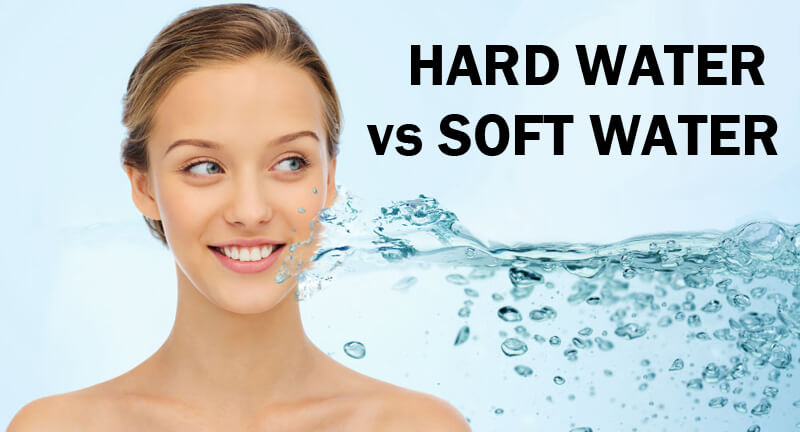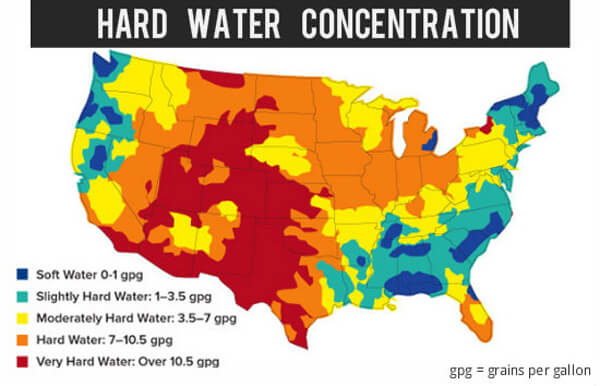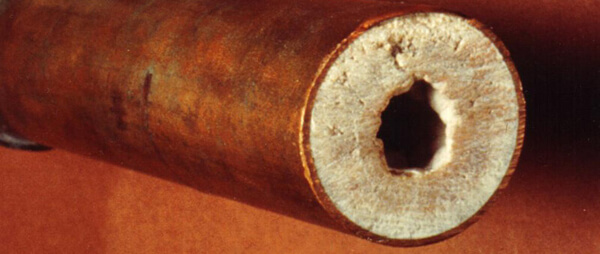What is Hard Water?
How hard water impacts water appliances
Posted 07:31 August 15, 2022
Last Updated 07:31 August 15, 2022

Water that has a high mineral content is called hard water. It is most common when ground water comes into contact with limestone, chalk, or iron. Water dissolves some of the minerals it comes into contact with and hard water is created.
Hard water has moderate health benefits. The body benefits from the minerals in the water. However, hard water can be very corrosive to industrial equipment such as cooling towers and boilers. In the home, water heaters, washing machines, and radiators are affected. Any equipment that handles water is subject to the corrosive effects of hard water.
Hard water is easily identified by a lack of suds when soap is combined with water. In iron-rich environments it is common to see an orange color remain wherever water has evaporated. White or orange deposits are left behind on your dishes and in the shower. Hard water also makes your washing machine less effective. Less soap is dissolved in your water and more soap is required. Hard water can also change your hair color. If you color your hair, hard water can alter the color.
There are numerous test kits on the market that help you determine how hard your home water is. Water hardness is measured in grains per gallon (GPG). Water up to 1 GPG is considered soft. Water 10 GPG or more is considered very hard. Water over 100 GPG is extremely hard and conventional water softeners will only be able to partially remove the mineral content.
It is estimated that 65% of Americans have hard water in their home.

Hard water is very corrosive to your water appliances, especially your hot water heater. Lime, calcium, iron, and other minerals settle in the holding tank and a sediment layer forms and grows. This layer reduces the heating efficiency of your water heater and it will cycle on and off more frequently. The mineral layer is also corrosive to your tank and will cause it to fail much sooner. In a home with soft water, your water heater should be drained and the anode rod checked once per year. In a home with hard water, your water heater should be drained, flushed (to help remove as much of the mineral buildup as possible), and the anode rod checked every three months. Failure to do so may result in the early failure of your hot water heater. Tankless hot water heaters are less prone to hard water problems because they don't have a water holding tank, but they are still subject to the corrosive effects of hard water. Minerals can build up on the internal components and restrict water flow.

Hard water minerals can also build up in your plumbing pipes. Over time water flow is restricted. Chemical products like CLR can remove lime and calcium buildup, but it is expensive. If you're on well water you have to be very careful that any chemicals you use don't go backwards down into your water source. If they do, you risk contamination of your ground water.
A better solution is a water softener. Water softeners can be expensive up front, but over time they are far more cost effective that other hard water options. Your appliances will benefit from soft water. Soap you use in the home will work more effectively.
We here at All Trades in Las Vegas are experts in water softeners and their installation. Large or small scale, we help homeowners and businesses eliminate their hard water problems. Contact us today and learn how you can have soft water and happy water appliances.




